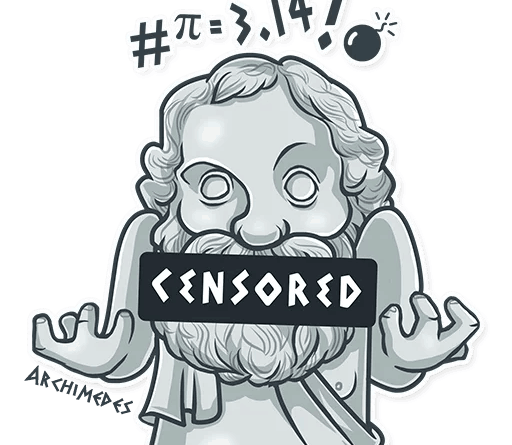Russia to Establish a Social Media Registry Mandating Content Censorship
Roskomnadzor, Russia’s federal communications regulator, will officially recognize certain online platforms as social networks and maintain a registry of them, according to an amendment submitted to the State Duma by deputies Alexander Khinshtein and Sergey Boyarsky. The document, as reported by TASS, was introduced on Monday.
The amendment was added for the second reading of a 2017 bill aimed at regulating social networks, originally developed by United Russia party deputies Sergey Boyarsky and Andrey Alshevskikh. The bill in question is likely the long-delayed draft law No. 223849-7, “On Amendments to the Federal Law ‘On Information, Information Technologies, and Information Protection’ (regarding the specifics of information dissemination in public networks).”
Initially, the bill introduced the concept of a “social network operator,” who would be required to establish a representative office in Russia, restrict access to or remove information prohibited by Russian law (and any copies of such information), store deleted information for three months, provide quarterly reports on the handling of removal requests, and publish these reports. However, after passing its first reading, the bill’s progress stalled for more than three years.
Key Provisions of the New Amendments
Under the new amendments proposed by Khinshtein and Boyarsky, within three days of a service being added to the social media registry, the provider must identify the network’s owner and submit their information to the authorities. The amendment will require social networks to detect and block illegal content, including:
- Child pornography
- Information harmful to children
- Promotion of drugs
- Promotion of suicide
- Advertising of online casinos
- Remote sale of alcohol
Social networks will also be required to restrict access to content that expresses “blatant disrespect” for society, the state, and the Constitution, as well as content that calls for mass unrest, extremism, or participation in unauthorized protests.
Any online resource with more than 500,000 daily users from Russia will be included in the registry.



